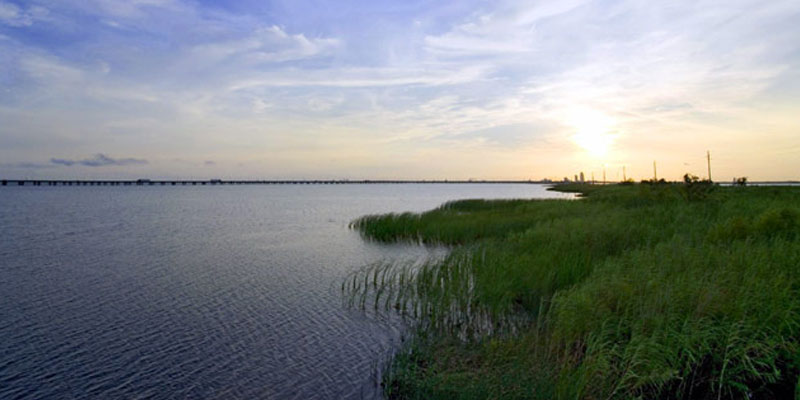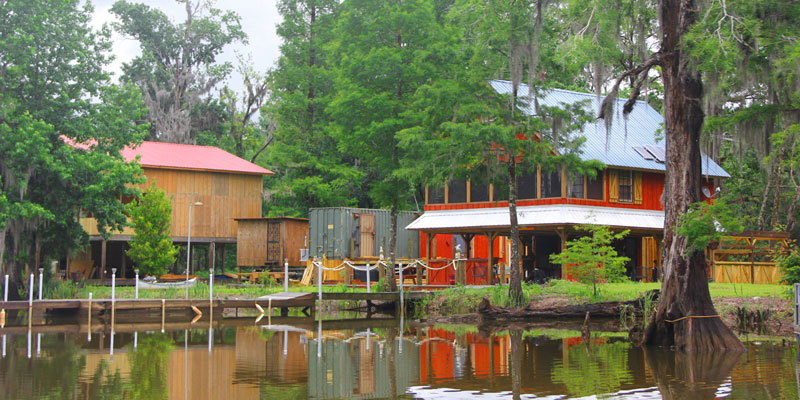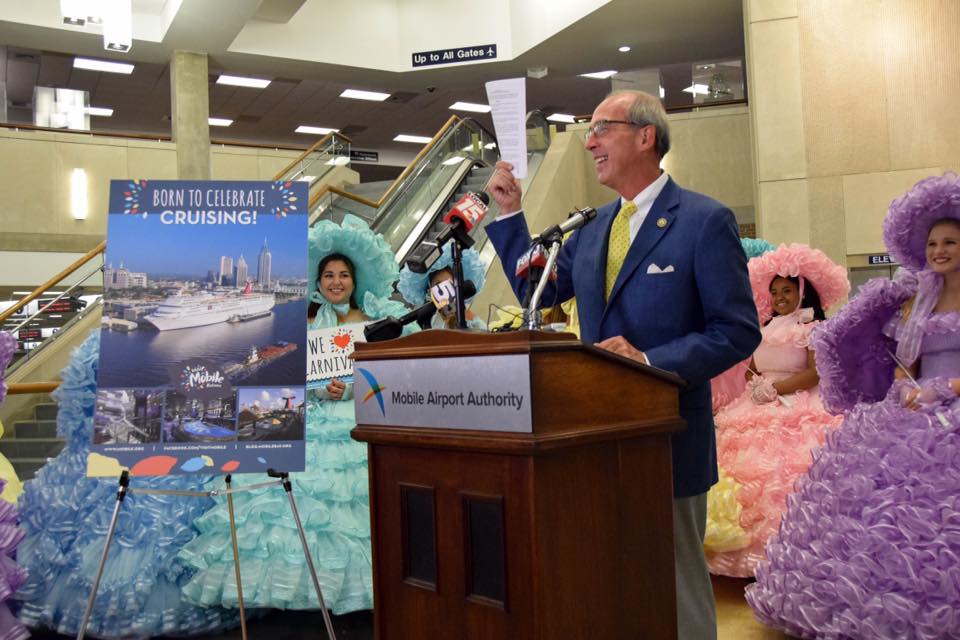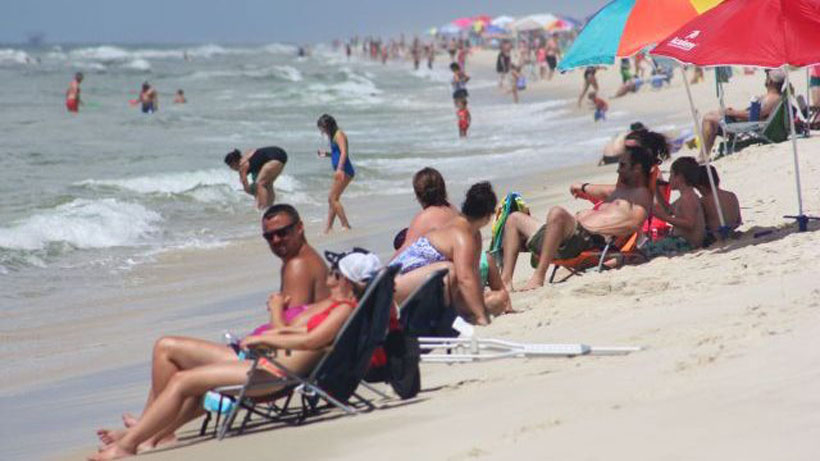
From the “This is Actually Rather Important Good News” Department….
The City of Mobile this week secured a nearly $7 million grant for coastline/marshland protection and restoration. Quoting the press release from the office of Mayor Sandy Stimpson:
The National Fish and Wildlife Foundation (NFWF) awarded the City of Mobile a $6,923,800 grant to conserve and protect the City’s coastline.
Phase II of the Mobile Bay Shore Habitat Conservation and Acquisition Initiative will acquire, restore and preserve habitats that are used by a variety of fish and wildlife species injured by the Deepwater Horizon oil spill. The grant application concerns three specific project areas in the Perch Creek / Garrows Bend Watershed and the lower Three Mile Creek Watershed. Projects include:
- Land acquisition in the Three Mile Creek, Perch Creek and Garrows Bend Watersheds
- Shoreline restoration along the Mobile Bay shore
- Marsh restoration, water quality improvements and invasive species management in all three project areas
Former vice president Joe Biden might rightly call this “a big deal” with an expletive approvingly inserted in the middle – and conservatives this time should agree.
What this is
This is money from the BP oil spill, funneled (for quality control) through the respected, non-profit, corporate-funded National Fish and Wildlife Foundation. One way or another, Alabama would have been able to use this money for good eco-projects.
Why it’s important
Getting the money to the right projects, in a timely fashion, isn’t always a guarantee, even if we know the money is effectively sitting in a pot ready to be used. As a purely local matter, shoreline protection and steps against invasive species are crucial for both ecological and economic reasons. So much of the area economy is predicated on being a sportsman’s paradise and a scenic delight – and also in finding ways to optimize both those benefits of the bay and the uses of Mobile’s busy port at the same time – that getting these projects approved and actually begun can make a huge difference to the region’s quality of life.
Example of why timeliness is crucial
Casi Callaway, executive director of Mobile Baykeeper – one of the more moderate, business-friendly “environmentalist” groups around – gives the example of the “apple snail” as a hugely destructive invasive species that this grant will help contain. Right now, the softball-sized critter remains (they think) contained in Mobile’s Three Mile Creek watershed, but if it gets into the bay and Delta, it could be devastating.
“If they enter the Delta, they won’t be manageable,” she explained, then, in layman’s language, put it this way: “Basically, they eat all vegetation they come across, and they have babies – one snail can lay millions of eggs a year! Imagine how much damage they could do.”
Just a few weeks ago, Baykeeper led 266 volunteers in collecting more than 4,400 snails from the watershed – but more serious resources are needed, and this new grant will help provide them.
And, of course, this is just one example of how this grant will be used.
“We are excited to see NFWF funding moving ahead NOW, when we so desperately need it,” said Callaway, with heavy emphasis on the “now.” She continued: “This also lines up with needs we have for the port, with the deepening and widening of the ship channel. All of these things are time-sensitive.”
The broader picture
Conservatives have good reason to oppose the regulation-heavy, expensive, intrusive, punitive, and even borderline authoritarian approaches of many self-proclaimed environmentalists, and good reason to question the level of hysteria and policy overreactions of those warning against climate change.
On the other hand, the state of our marshlands, coastlines, seas and oceans is quite perilous. One can quite reasonably conclude that the dangers to our water habitat (completely apart from effects on them of “climate”) are both more dire and more directly threats to important eco-systems and to human health and life than any existent dangers to our skies or climate.
And the cradles of life for aquatic species and migratory birds (among many other species) are those areas at the border between land and sea – again, coasts, estuaries, marshes – and they also happen to be the watery areas most at risk. Any time, in any way, that money, especially private money, can be leveraged to protect these border areas without trampling property rights, it is terrific news.
“We need a resilient coastline to support our growing economy,” said Mayor Stimpson. “This project is a strong step in the right direction.”
Yellowhammer Contributing Editor Quin Hillyer, of Mobile, also is a Contributing Editor for National Review Online, and is the author of Mad Jones, Heretic, a satirical literary novel published in the fall of 2017.












